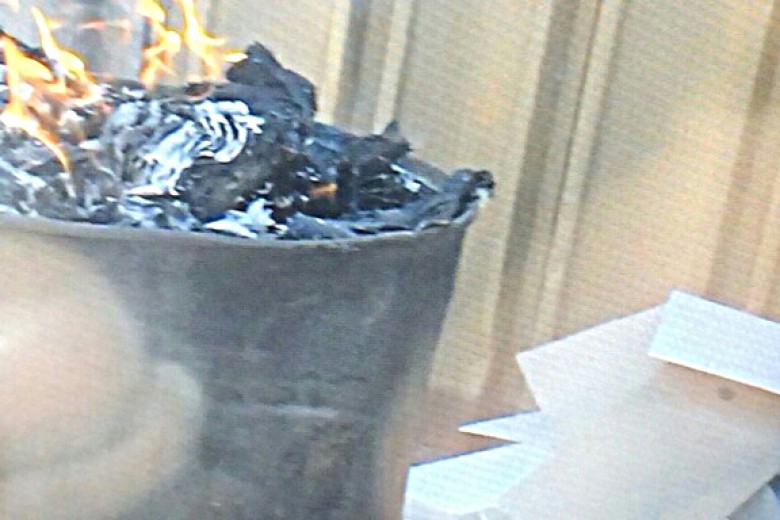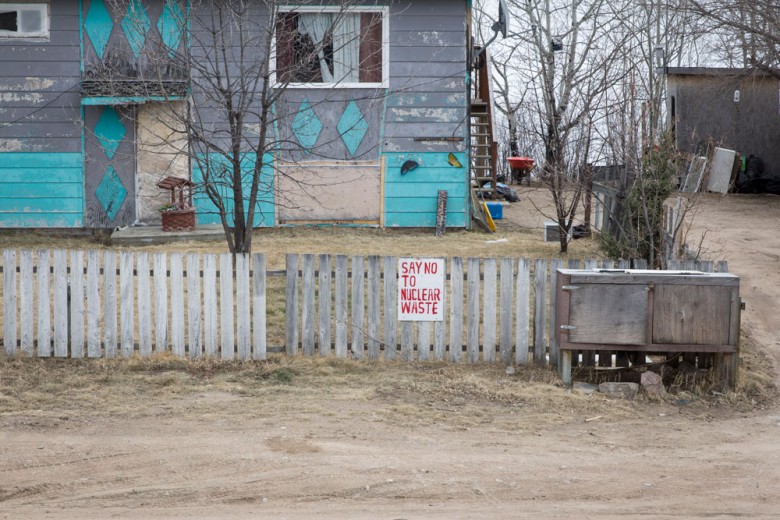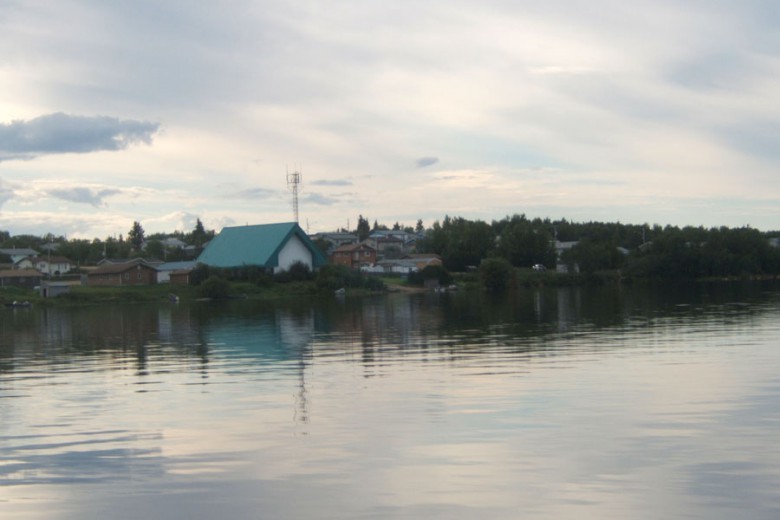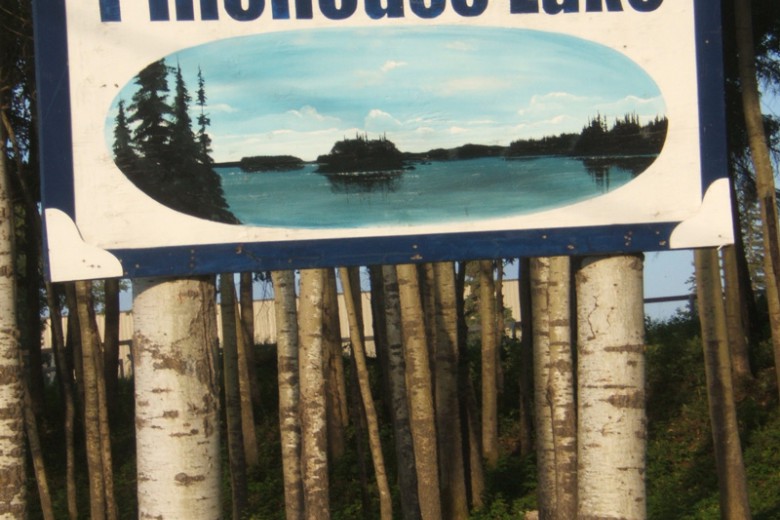
D’Arcy Hande
D'ARCY HANDE is a retired archivist and historian. A long-time opponent of nuclear power, for over a decade he has researched and published about the corporate influence of the nuclear industry in northern Saskatchewan and at the University of Saskatchewan.







